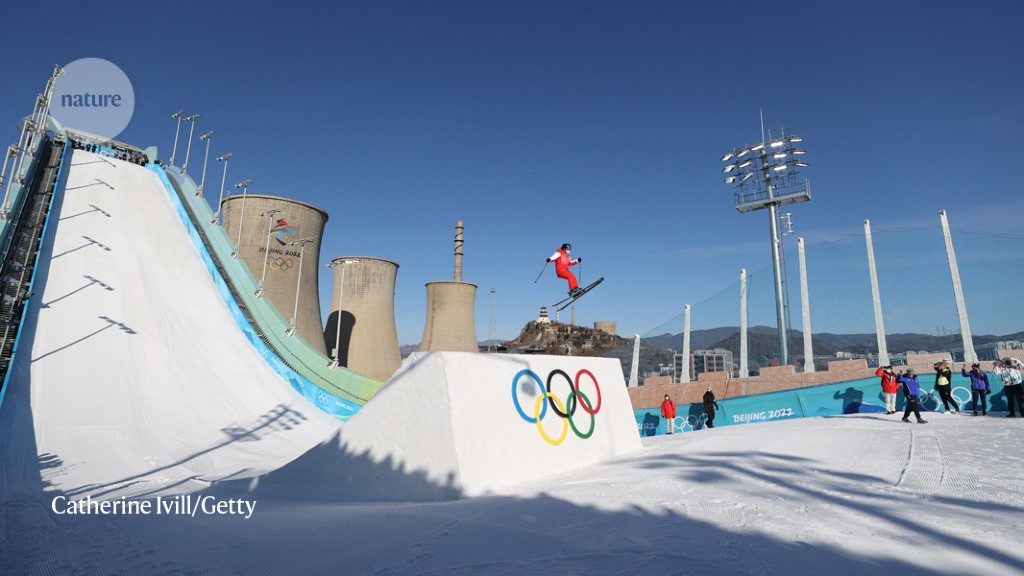To obtain the best experience, we recommend you use a more up to date browser .
The Winter Olympics begin today in Beijing, a spectacle that will see 3,000 athletes compete in 109 events, from curling to speed skating.
“We are very confident that we will be a truly carbon-neutral games,” says Liu Xinping, who is in charge of sustainability for the Beijing Organising Committee for the 2022 Olympic and Paralympic Winter Games.
Previous Winter Olympics have claimed to be carbon neutral, but the International Olympics Committee says that China is considering a much broader range of emissions.
Although some researchers commend Beijing’s efforts, others take a more sceptical view of claims made by host nations of the Olympics.
Beijing has reduced the impact of the current games by repurposing seven venues used in summer 2008 and for other sports events.
As a result, more than 500,000 tonnes of CO2 have been saved that would otherwise have been generated by the travel and accommodation sectors.
These Olympics are also the first to use natural CO2 as a refrigerant to cool the skating venues, instead of synthetic hydrofluorocarbon refrigerants, saving up to 26,000 tonnes of carbon.
Running the games will consume 2.8 million cubic metres of water — enough to fill 1,000 Olympic-sized pools.
However, Jules Boykoff, a political scientist at Pacific University in Oregon, and author of books on the Olympics, points out that Beijing’s electricity comes largely from coal.
Davidson adds that redirecting renewable energy to the games might be “largely an accounting exercise”, because these renewable resources might have been developed even if the games had not been happening in China.
Even if many aspects of the games have been designed to produce minimal environmental impacts, some emissions, such as those from construction and air travel, are unavoidable.
Nevertheless, Beijing’s winter games are the first to have considered a broad range of emissions from the earliest stages of preparation, says Marie Sallois, a director of sustainable development at the International Olympic Committee in Lausanne, Switzerland, who is currently in Beijing.
In a 2021 analysis1, he and his colleagues found that the Olympics had actually grown less sustainable over time — particularly given that the games had increased in size, resulting in a greater spectator-related footprint.
Scott says that making the winter games even greener is especially crucial given the existential threat posed by a warming world.
